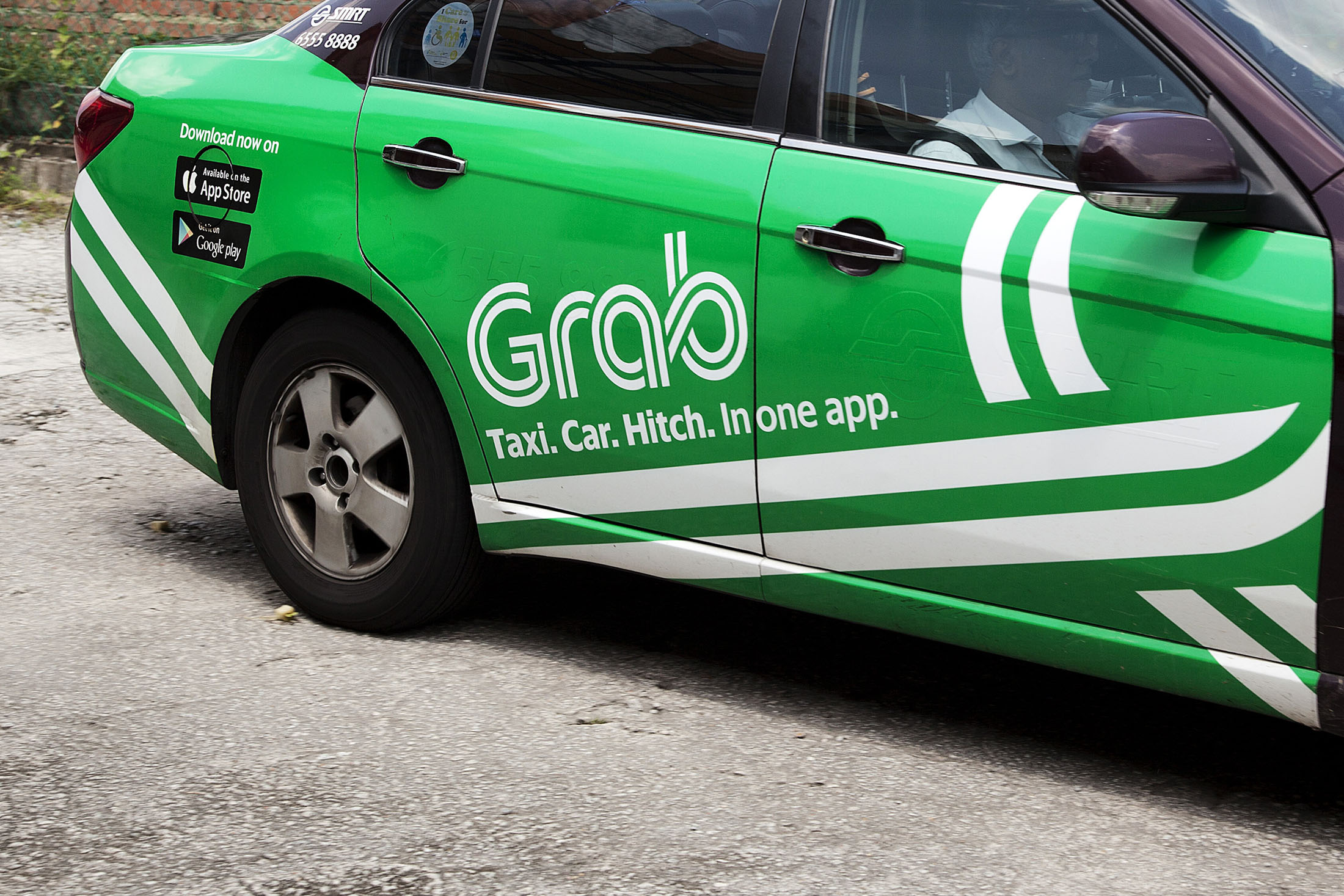Ride-hailing services such as Uber and Grab, which have been operating in a legal grey area, sees the legalisation of e-hailing services in Malaysia as a positive move, to continue to provide reliable, convenient, affordable and safe transport options.
Malaysia’s move in line with its regional peers to legalise ride-sharing services is welcomed by Uber as the regulations is clearly aimed at improving the entire industry, and ultimately benefitting consumers.
Uber’s Head of Communications for Singapore and Malaysia, Leigh Wong said these laws send a clear message that ride-sharing is here to stay and will have the potential to go a long way towards solving urban mobility issues and transforming the country’s transportation landscape.
“Uber stands regulation-ready. Our focus at this time will also be helping driver-partners efficiently and effectively make plans to transit to this new regulatory environment. We look forward to continuing our engagement with the government on this,” Wong told The ASEAN Post in an email reply.
Uber, a San-Francisco-based startup founded in 2010, entered the Southeast Asian markets like Singapore and Kuala Lumpur in 2013.
Malaysia’s parliament has passed two bills as a first step to legalise the ride-hailing services in the country, The Star reports.
The amendment to the Land Public Transport Act 2010 and Commercial Vehicles Licensing Board Act 1987 were passed in the House of Representative on Thursday.
Under the amendments, operators will be required to own an inter-mediation business licence issued by a regulatory body. The inter-mediation business licences are renewable, but operators will not be allowed to transfer or reassign them.
Grab Malaysia’s Country Head, Sean Goh said the ride-hailing firm feels encouraged and will be supportive of all the regulations which are balanced, reasonable and practical.
Goh said this provides a leveled playing field for all and will certainly benefit the relevant stakeholders, especially passengers and its driver-partners, regardless whether they are taxi or GrabCar drivers.
“As a local homegrown ride hailing company, with the largest network spanning 25 cities across the country, we have always been committed to working alongside the authorities to improve and elevate the standards of our local land public transportation infrastructure and services,” Goh said in a statement.
